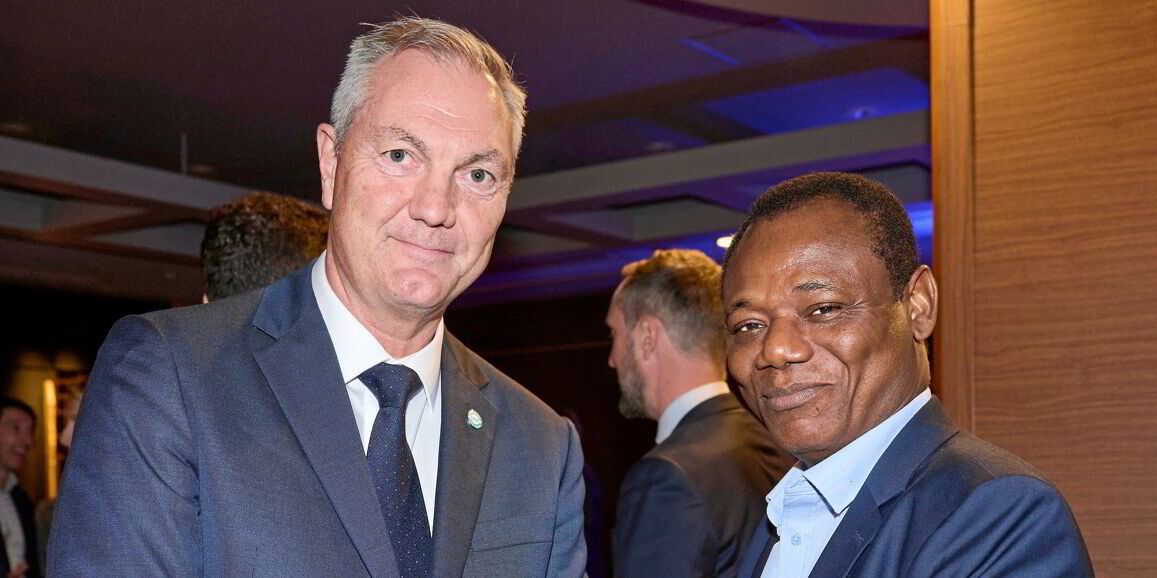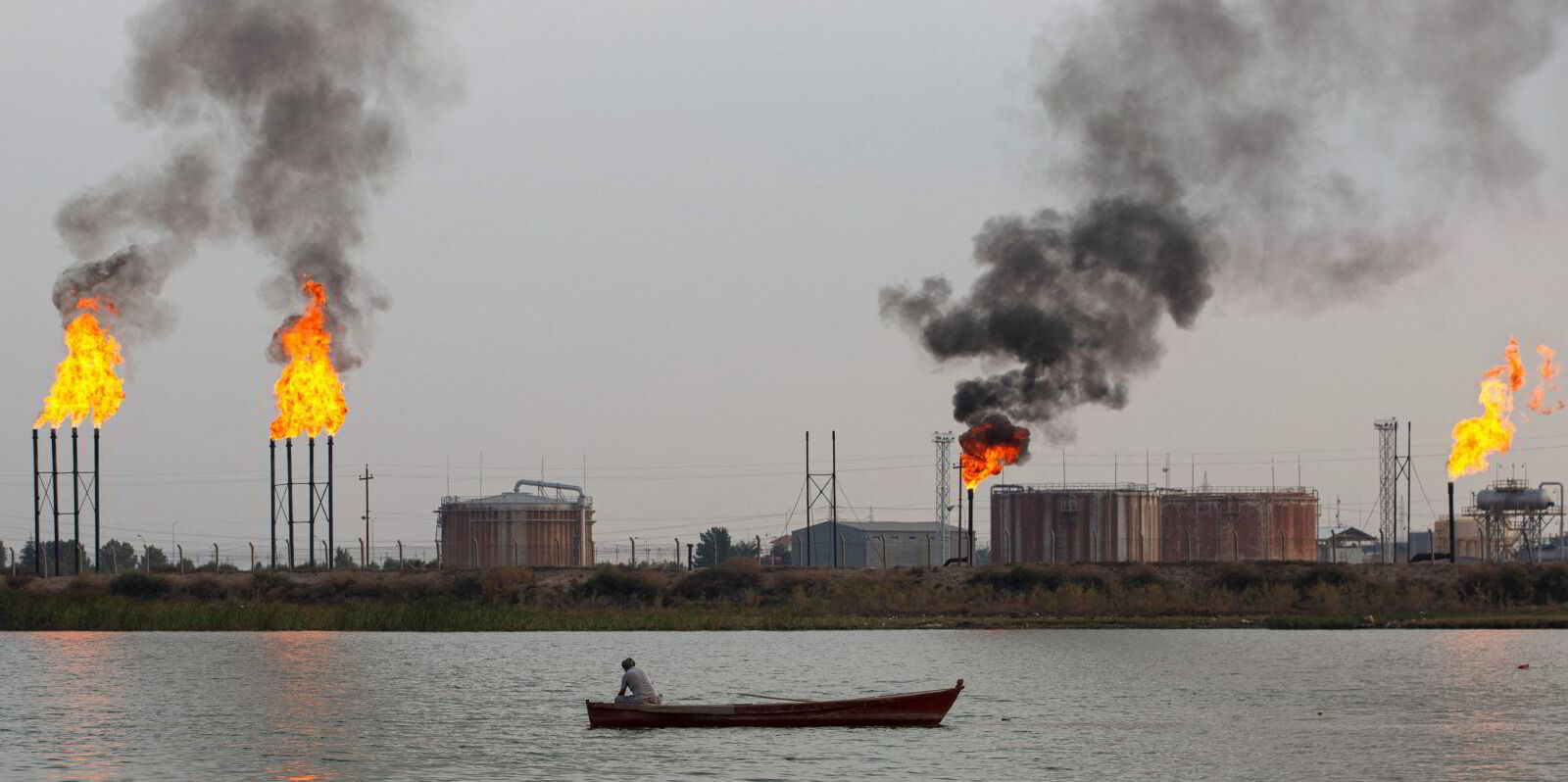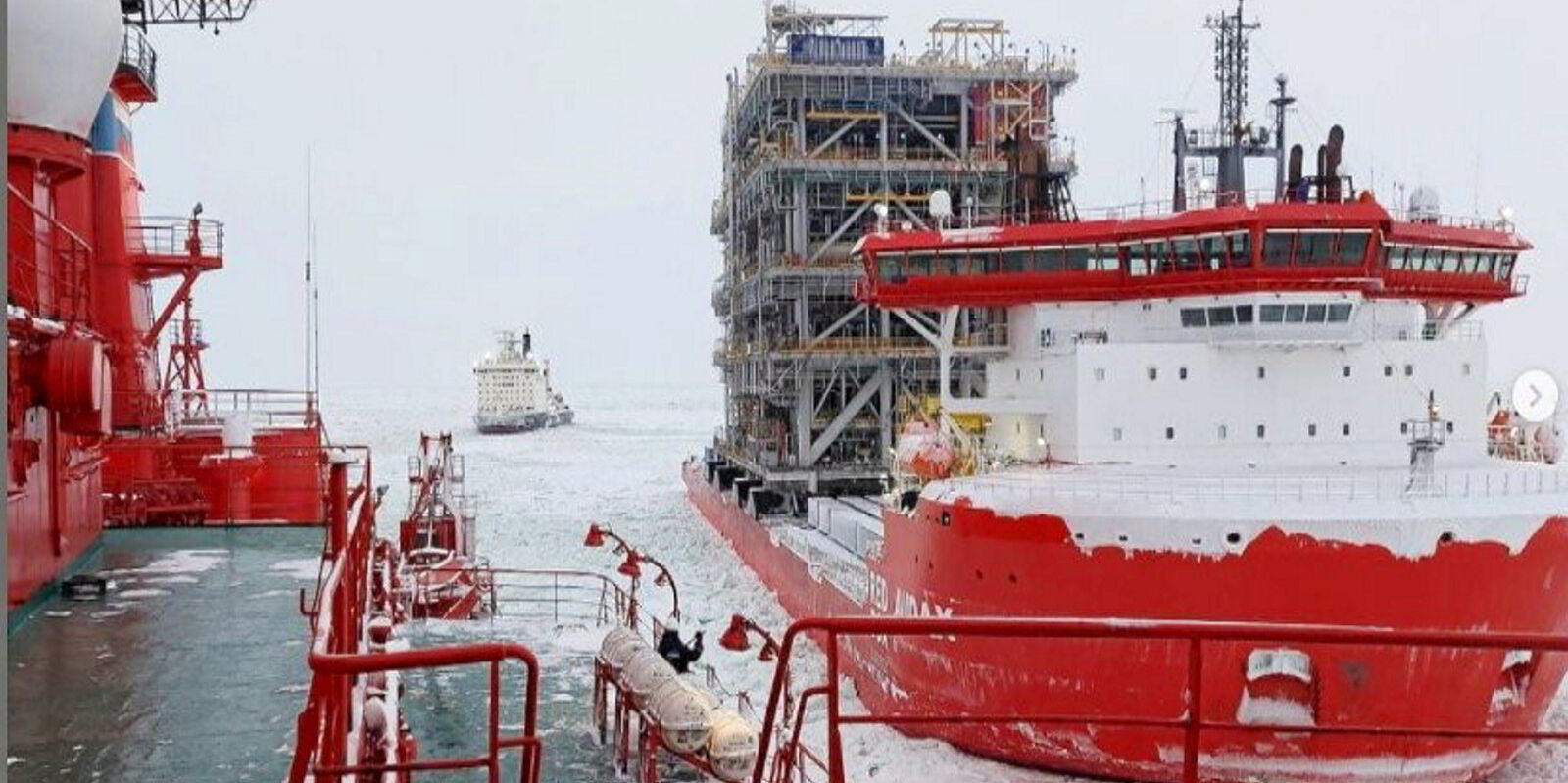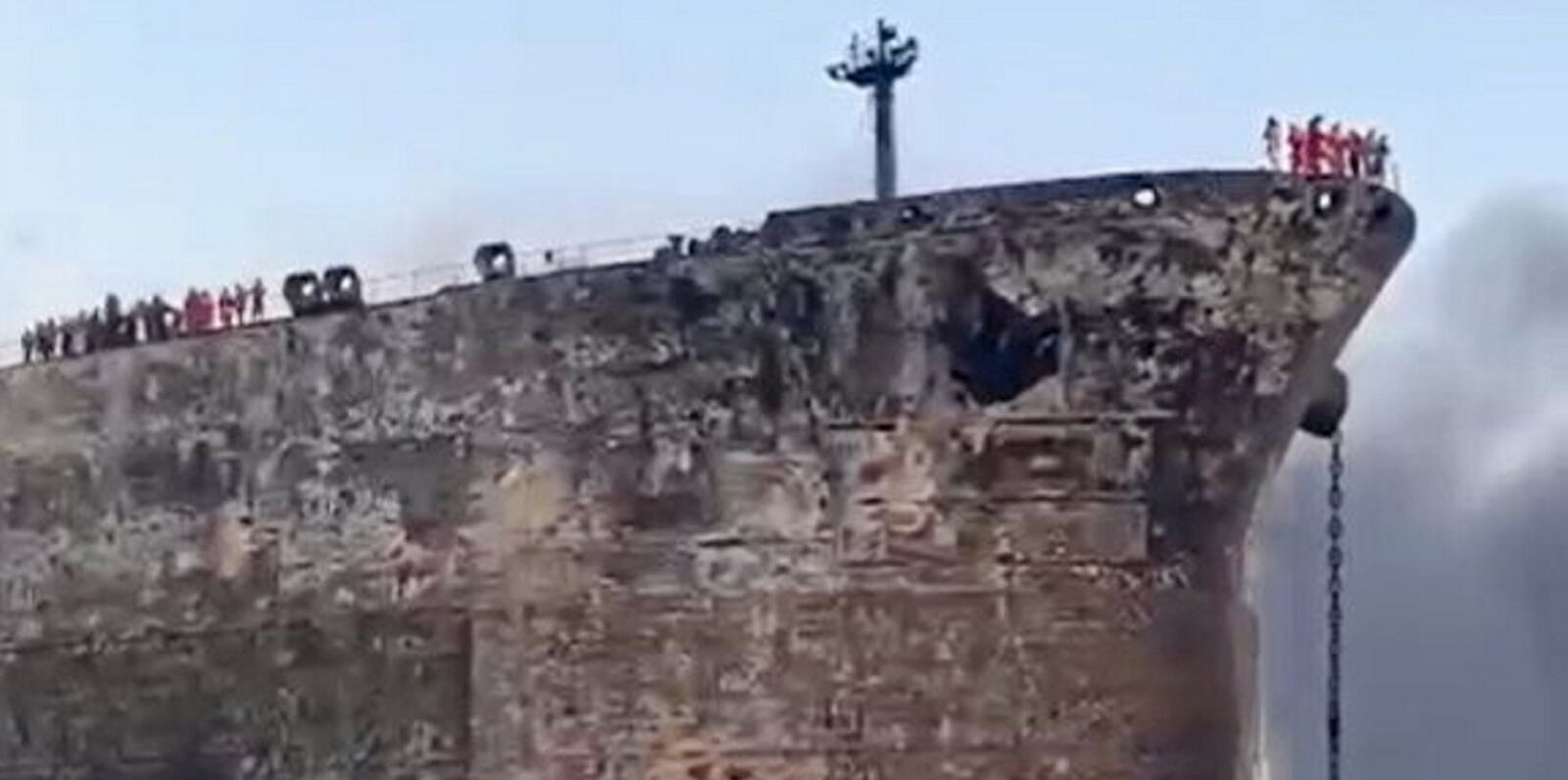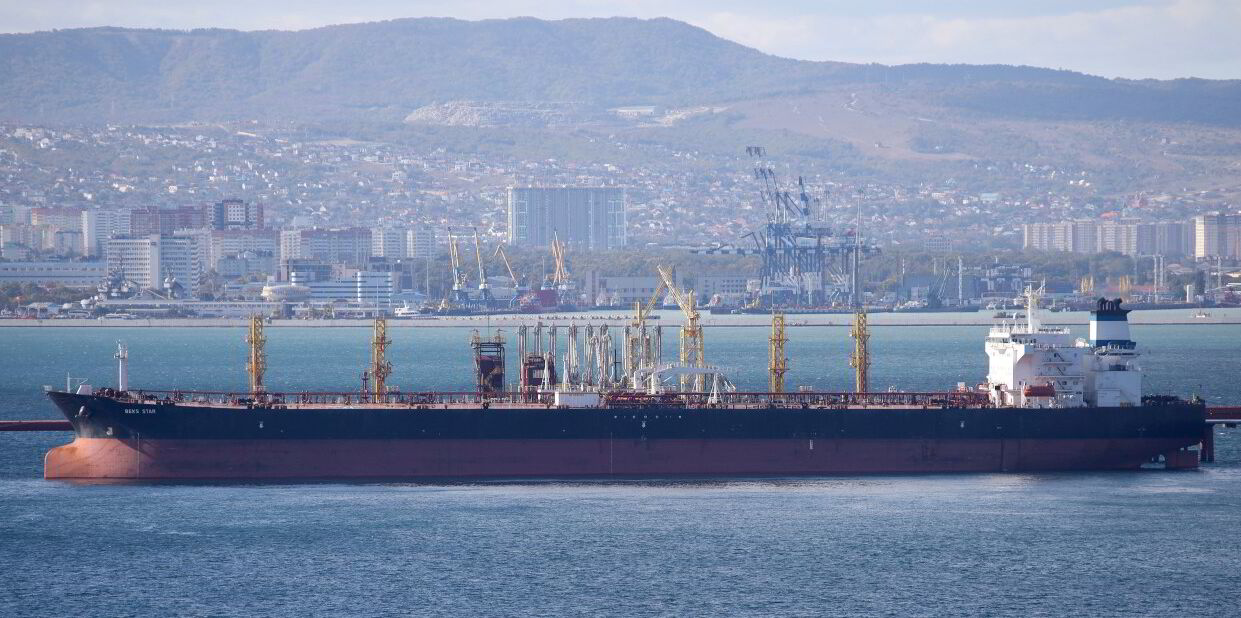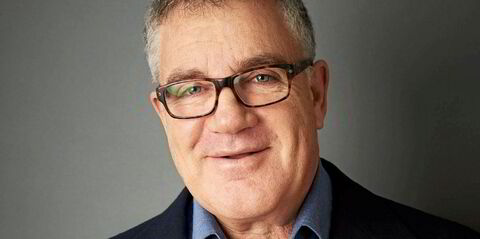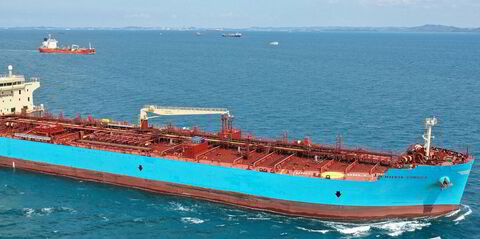The split in global shipping caused by Russia’s invasion of Ukraine could result in a permanent parallel fleet of substandard tankers with inadequate insurance, the head of a global oil compensation body has warned.
Gaute Sivertsen, the Norwegian director of the International Oil Pollution Compensation Funds (IOPC Funds), told TradeWinds the risk of spills from elderly tankers hauling sanctioned oil cargoes had grown despite concerted efforts to crack down on shadow fleet operations.
He will seek extra funds from members this week in case his organisation is left to pick up the tab for devastating environmental damage from a spill that many experts fear is just a matter of time following a series of near misses.
The system compensates victims of oil spills but is based on the risk posed by a regulated global fleet subject to continuous vetting and oversight.
IOPC Funds was set up in the 1970s, long before the invasion of Ukraine and the widespread use of Western shipping sanctions that have encouraged shadow operations outside of established insurance and regulatory regimes.
Sivertsen warned in May of the danger of the IOPC Funds becoming the “underwriter for the dark fleet” if inadequate insurance for elderly tankers allowed hard-to-identify shipowners to avoid accountability for pollution.
“There’s no improvement,” said Sivertsen. “The risk of incidents has increased because we know these are old tankers that are not subject to the normal regime of vetting and oversight that used to be in place.”
This has resulted in a “parallel shadow industry” covering flagging, financing, management and protection and indemnity cover outside of the 12-strong International Group of P&I Clubs and the top commercial insurers, he said.
“The question is, will everything return to normal if sanctions are lifted? Will the industry return to normal? Or will this result in permanent damage to the maritime industry?
Increasing risks
“The long-term effect is that we would perhaps come out of this with a kind of parallel industry that continues to operate substandard tankers and substandard insurance.
“The problem would continue with regards to an increased risk of incidents happening — and an increased risk of the IOPC Funds having to deal with insurers that are not able to meet their obligations.”
IOPC Funds pays out to businesses and individuals from its 122-nation membership affected by major pollution events, whether or not the vessel is carrying sanctioned cargo and is properly insured.
It steps in after the level of shipowner liability is exhausted.
But a ship without proper insurance will potentially leave the organisation and coastal states with a much bigger bill if a shipowner fails to cover its share of the costs.
While there has not yet been a major oil spill from a shadow fleet accident, Sivertsen cited the case of the Gulfstream, a decrepit barge that spilt oil off Trinidad and Tobago in February.
The ownership of the barge remains unknown and it has no registered insurer.
Investigators are looking to sell the vessel, its cargo and an associated tug that cut its lines to the Gulfstream and steamed to Africa after the spill.
Sivertsen said that his organisation was seeking to send a message to shadowy shipowners that it would not stand idly by after such a spill.
It said it would do everything it could to ensure that the polluter pays principle is properly enforced.
The investigation of the Gulfstream spill has benefited from intelligence gathered by Bellingcat, an online investigation agency set up by citizen bloggers, as well as lawyers and investigators employed by the Caribbean nation.

New guidelines drawn up by IOPC Funds for its membership urge states to use all available legal avenues to recover the costs of damage from a spill caused by a shadow fleet tanker.
It includes “resorting to criminal law in cases when there is an allegation of a breach of national shipping and environmental legislation”, according to documents prepared for a meeting of the body this week in London.
Smuggling operations
Sivertsen said it was important to send a message in such cases that “the perpetrators will be pursued and we will try to reclaim the cost”.
He added: “But this is not what this system was created for … to cover for smuggling operations”.
One consequence of the rise of the shadow fleet hauling Russian oil has been a switch of protection and indemnity cover from one of the members of the International Group to Russian and other insurers.
Any pollution-linked payouts from a Russian-insured vessel are complicated by Western sanctions that affect money flows through the country’s banking system.
Sivertsen said that any problems could be solved and that Russia was expected to ensure payment in the event of a spill.
Russia is a member of the IOPC Funds. It has also confirmed the validity of blue cards, verifying coverage for pollution damage from oil spills, issued by its insurers.
It also guaranteed the country would fulfil all of its obligations under international agreements for merchant shipping in a letter to the International Maritime Organization in April 2022.
“I have no reason to believe they won’t do so,” said Sivertsen.
Read more
- Compensation boost for victims of worst Singapore oil spill in over decade
- Five to stand trial in Greece over claims of ‘deliberate’ tanker spill scam
- The dark fleet’s underwriter: Fund chief calls for extra heat on rogue flag states
- Oil spill fund names and shames late payers as it rewrites rules
- Comment: Sanctioned ‘dark fleet’ starts to figure in Allianz casualty count
